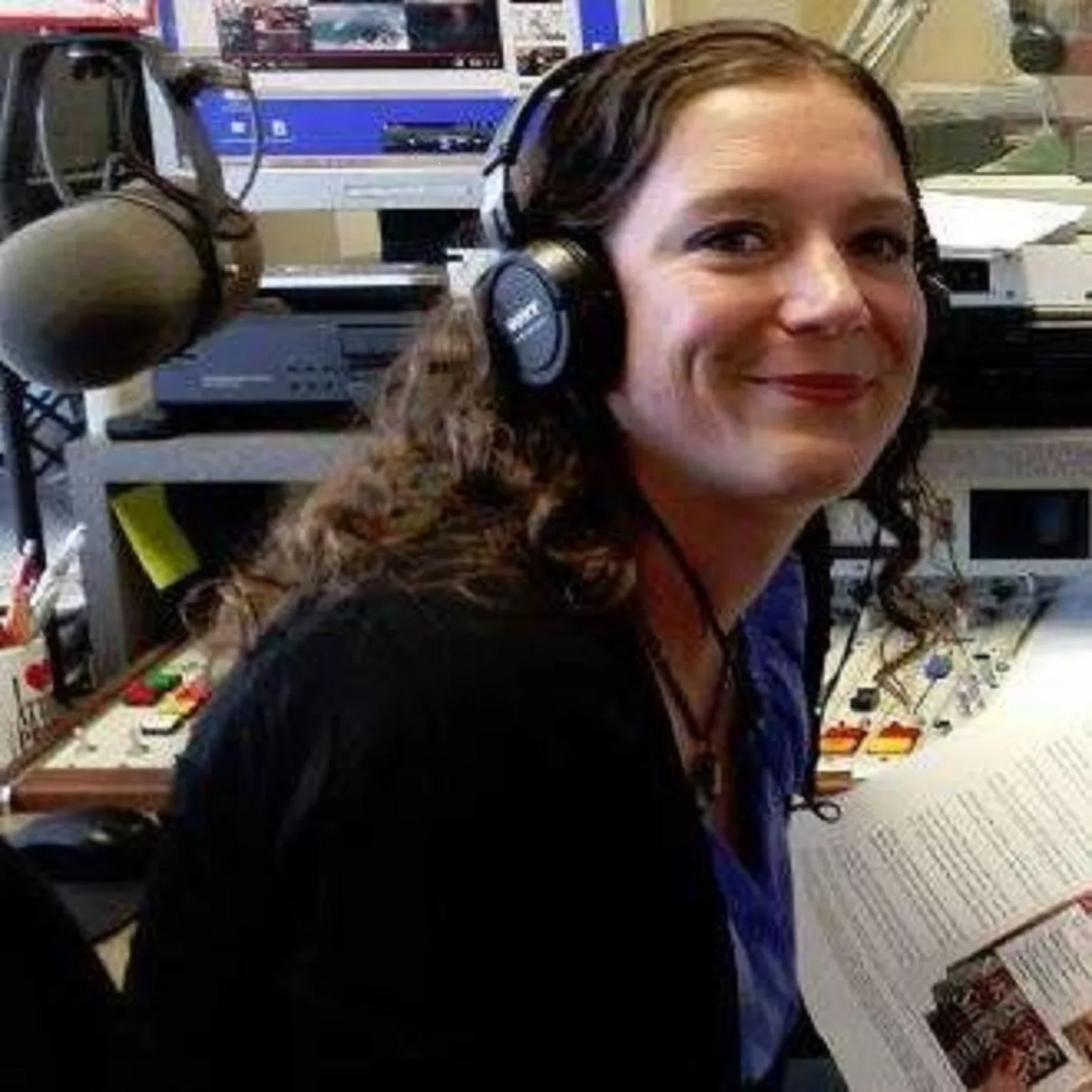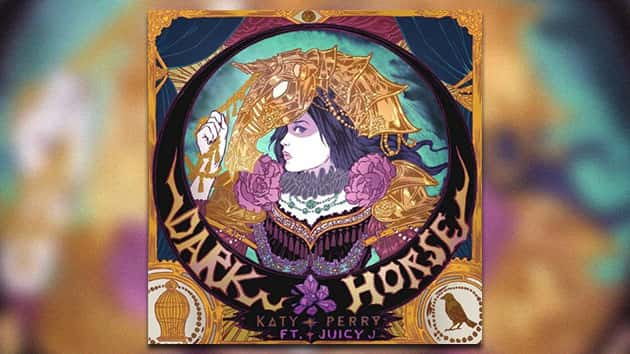 Capitol Records
Capitol Records
The same day a federal jury ordered Katy Perry and her co-defendants to pay total damages of nearly $2.8 million for copying another song for her hit, “Dark Horse,” those defendants have issued their first public reaction to the ruling, which they plan to appeal.
“The writers of Dark Horse view the verdicts as a travesty of justice,” begins a statement from attorney Christine Lepera on behalf of the defendants, obtained by ABC News Thursday evening.
“There is no infringement. There was no access or substantial similarity,” the statement continues. “The only thing in common is unprotectable expression — evenly spaced ‘C’ and ‘B’ notes — repeated. People including musicologists from all over are expressing their dismay over this.”
The statement ends with: “We will continue to fight at all appropriate levels to rectify the injustice.”
On Monday, a jury in Los Angeles federal court agreed with Christian rapper Marcus Gray, aka Flame, that Katy copied the beat of his 2008 song, “Joyful Noise” for the 2013 hit single from her Prism album. The jury subsequently found 22.5% of the net profits made by the song should be given to the plaintiffs.
Perry herself is liable for just over $550,000. Nine other people or entities, including Katy’s record label, Capitol; the rapper featured on the song, Juicy J; and the song’s producer, Doctor Luke, have to pay anywhere from $1.3 million to $61,000.
Gray’s attorney, Michael Kahn, said that while his client feels “vindicated” by the verdict and damages, he added, “They are not gloating over this, they are deeply religious people. …They felt that they had been wronged, that something of value had been taken without their permission and they wanted justice and felt that they received justice.”
During closing arguments Friday, lawyers for Gray argued that the beat from “Joyful Noise” makes up 45% of “Dark Horse” — that’s 95 seconds — and so had originally sought 45% of the profits from the song.
“The entire song was built on that beat, without that beat there wouldn’t be a song or millions of money,” Michael Kahn, an attorney for Gray, said in court.
During the seven-day trial, Katy testified that she’d never heard “Joyful Noise” before. The plaintiffs, however, argued that Katy’s parents are both pastors and she started her career as a Christian pop singer, which may have made it more likely that she had heard Gray’s song.
Katy countered that she was “mostly always listening to … secular music anyway,” even during the early part of her career as a Christian singer.
Copyright © 2019, ABC Radio. All rights reserved.


